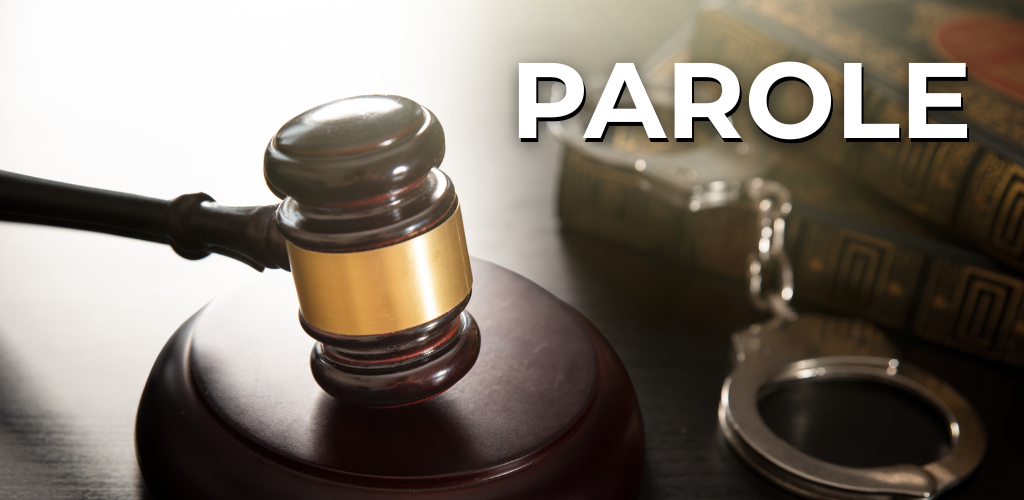

Parole refers to the authority granted to an inmate—under the provisions of the Parole Act—to leave an adult correctional centre and serve a portion of their custodial sentence in open society, under the supervision of Probation Aftercare Officers.
Parole is distinct from:
Remission – A reduction of sentence time granted to all inmates serving fixed terms (typically one-third off for first-time offenders and one-quarter for repeat offenders).
Reprieve – A pardon of a crime granted by the Governor General to an offender who is currently serving a sentence.
An inmate becomes eligible for parole if:
They are serving a sentence longer than 12 months.
They have served one-third of the sentence or 12 months, whichever is greater.
For concurrent sentences, eligibility is based on the longest sentence.
Inmates serving life sentences (with no stated eligibility date) must serve at least 10 years before becoming eligible.
Foreign nationals are not eligible for parole under the Parole Act due to the absence of reciprocal agreements with other countries. Their only recourse is a petition for reprieve to the Governor General.
Applicants must submit the following:
A fixed address with clear landmarks and contact details
Names of individuals who will assist in the rehabilitation process
Proof or prospects of employment, which enhances the application
The Parole Board considers multiple factors before granting parole:
Nature and seriousness of the offence
Trial notes and the sentencing judge’s remarks
Criminal record of the inmate
Behaviour, adjustment, and treatment while incarcerated
Reports from:
Superintendent of the correctional facility
Probation officers (institutional and community)
Court
Medical and psychiatric evaluations
Police and victim (if any)
Public safety considerations
Evidence of reform and rehabilitation
Future plans and community/family support
If an inmate’s application for parole is denied, they may reapply after 12 months from the date of refusal.
Upon release, the parolee receives a Parole Order, which is read and explained to them. It contains specific conditions they must obey.
Parolees also receive an identification card, which must be presented upon request to any Probation Aftercare Officer or member of the security forces.